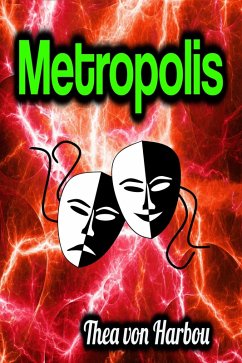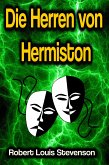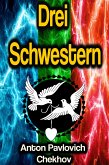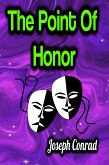Metropolis - Thea von Harbou - The classic twentieth-century science fiction novel by the screenwriter of the Fritz Lang film, the famed director's wife and collaborator. A divided twenty-first-century city sets the stage for this novel of a future dystopia. While the wealthy live in a decadent playground of sex and drugs, workers toil underground operating the machines that keep the city running. When Freder, the son of the leader of Metropolis, sees the horrific conditions the workers are exposed to, he becomes disillusioned with his father's vision and captivated by a woman named Maria who is fighting for unity among the classes. Desperate to maintain the status quo, Freder's father unleashes a robot that looks like Maria to wreak suspicion and doubt and crush the rebellion, a move that puts Freder and the real Maria's love-and lives-at risk. "The language of the novel is sometimes as thesauric as Shiel, as kaleidoscopic as Merritt, as bone-spare as Ray Bradbury, as poetic as Poe, as macabre as Machen. . . . You will have an experience in reading that will last you all the rest of your life." -Forrest J. Ackerman, editor of Spacemen magazine "The movie's status as one of the great dystopian science fiction tales is secure. Thea von Harbou's novel deserves to be recognized as an important work of science fiction in its own right. It's also a relatively rare and therefore interesting example of German science fiction." -Vintage Pop Fictions "The latent power of the story seems clearer in prose. You can see more clearly the contrast of past and present, of magic and technology, of gods and gadgetry." -Black Gate
Dieser Download kann aus rechtlichen Gründen nur mit Rechnungsadresse in A, B, BG, CY, CZ, D, DK, EW, E, FIN, F, GR, H, IRL, I, LT, L, LR, M, NL, PL, P, R, S, SLO, SK ausgeliefert werden.









